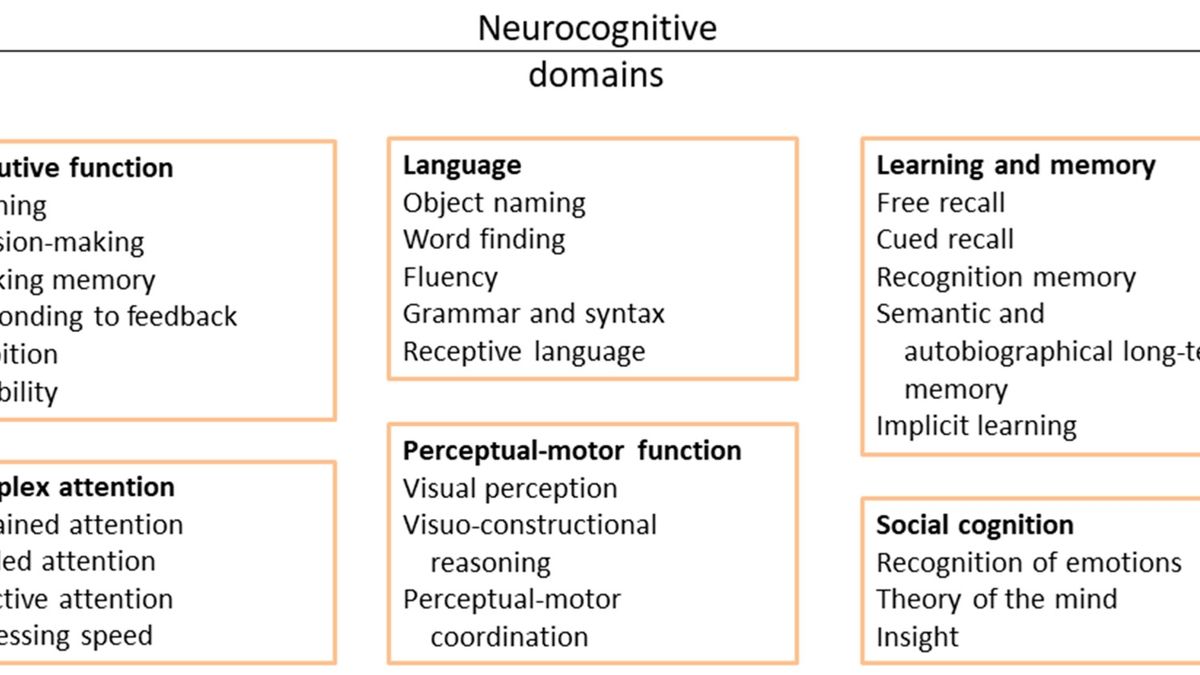
Rewiring Anorexia Recovery: A New Approach to Restoring Healthy Eating Patterns
In the intricate labyrinth of eating disorders, anorexia nervosa remains a formidable challenge for medical professionals and patients alike. However, a groundbreaking treatment framework, focusing on relearning healthy eating patterns, may offer hope for those struggling with this debilitating condition.
The Mandometer® tool, developed by researchers at the Karolinska Institutet in Sweden, records and manipulates eating rates, providing real-time feedback to patients. The data collected from this tool reveals that anorexia patients can be divided into two categories: decelerated and linear eaters.
Decelerated vs. Linear Eaters: Divergent Paths to Recovery
Decelerated eaters exhibit a slowing down of eating rates as they consume their meals. These patients can resist experimental changes in eating rates, making it difficult to alter their eating behaviors. In contrast, linear eaters eat at a consistent rate throughout their meals and are more responsive to changes in eating rates.
Research indicates that linear eaters can learn to eat at a decelerated rate, which reduces their risk of overeating and lowers their restrained eating scores. This shift towards decelerated eating can play a pivotal role in anorexia recovery, as it fosters a healthier relationship with food and helps patients regain control over their eating habits.
Skipping Meals and School Meal Conditions: Hidden Influences on Eating Patterns
The impact of environmental factors on eating behaviors cannot be ignored. Skipping dinner and specific school meal conditions can affect eating linearity and food intake. For instance, patients may consume larger quantities of food in response to these conditions, exacerbating their anxieties and perpetuating harmful eating patterns.
However, the tide can be turned. With feedback on proper eating techniques and the guidance of the Mandometer® tool, patients can learn to navigate these challenges and reclaim their well-being. The tool empowers them to make informed decisions about their eating habits, ultimately paving the way for lasting recovery.
Beyond the Plate: Cognitive Emotional Behavioral Therapy and the Anorexia Battleground
A new form of therapy, Cognitive Emotional Behavioral Therapy (CEBT), emerges as a potential game-changer in the treatment of anorexia and other eating disorders. This hybrid approach combines cognitive behavior therapy (CBT) and dialectical behavior therapy (DBT), enabling patients to understand their emotions and manage them more effectively.
CEBT is divided into four stages, each building upon the foundation laid by its predecessor. Patients work through these stages with the support of their therapist, engaging in homework assignments such as journaling and meal planning. The ultimate goal of CEBT is to equip patients with the tools they need to both recover from their condition and maintain a lifelong recovery.
As the sun rises on a new era of anorexia treatment, the integration of innovative tools like the Mandometer® and therapies such as CEBT offers a beacon of hope for those navigating the complexities of this disorder. By fostering healthier eating patterns and emotional resilience, these advancements promise to redefine the anorexia recovery landscape, illuminating the path towards a brighter, more balanced future.
In this evolving narrative of hope and healing, the human spirit’s resilience shines through, reminding us all that recovery is not only possible but within reach for those willing to embark on this transformative journey.
